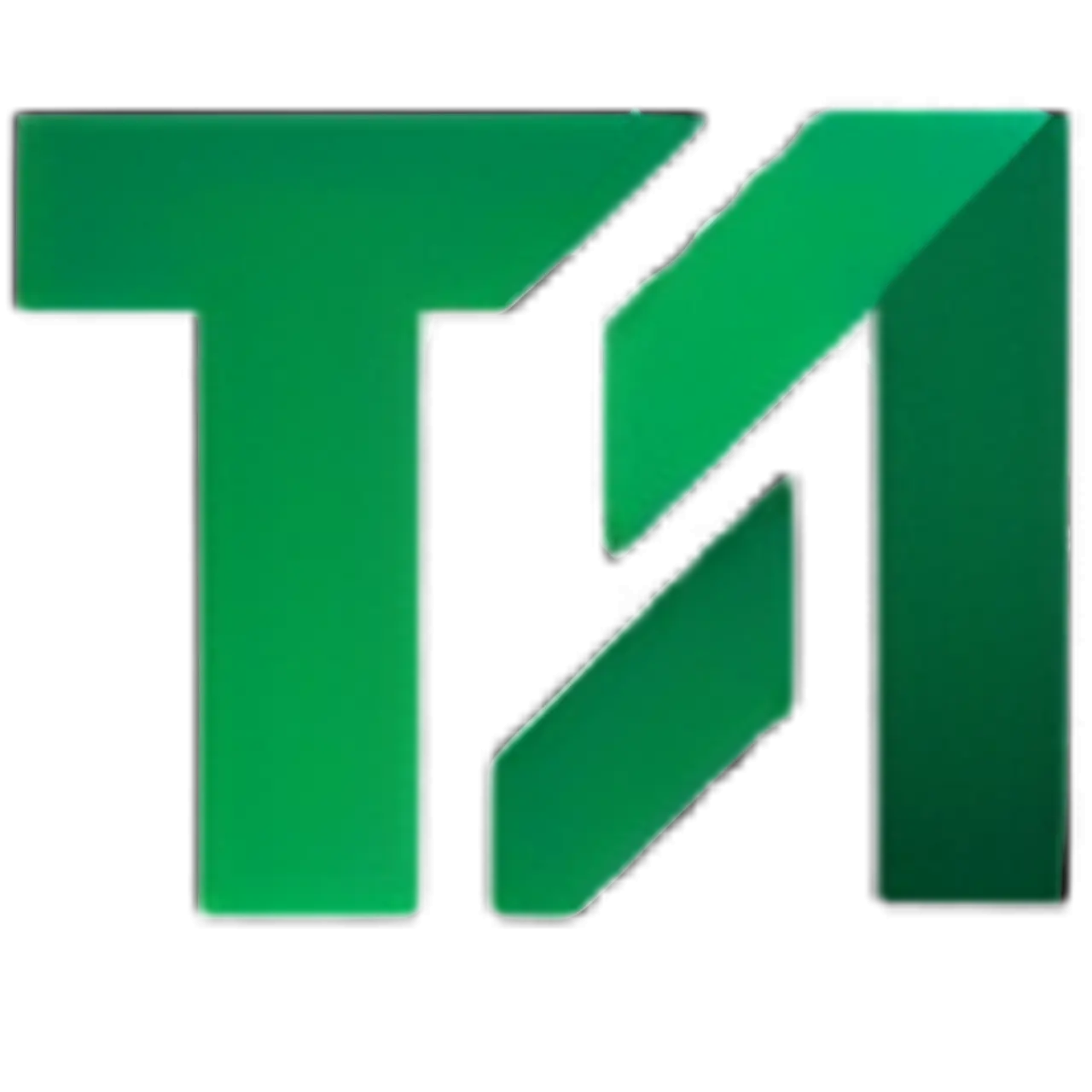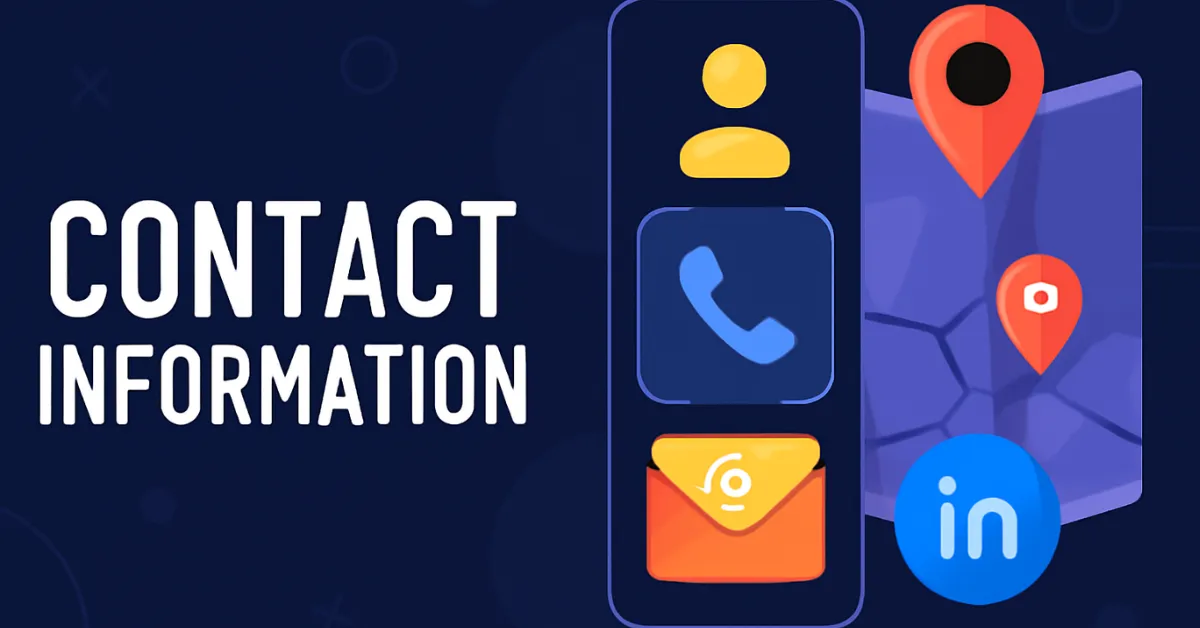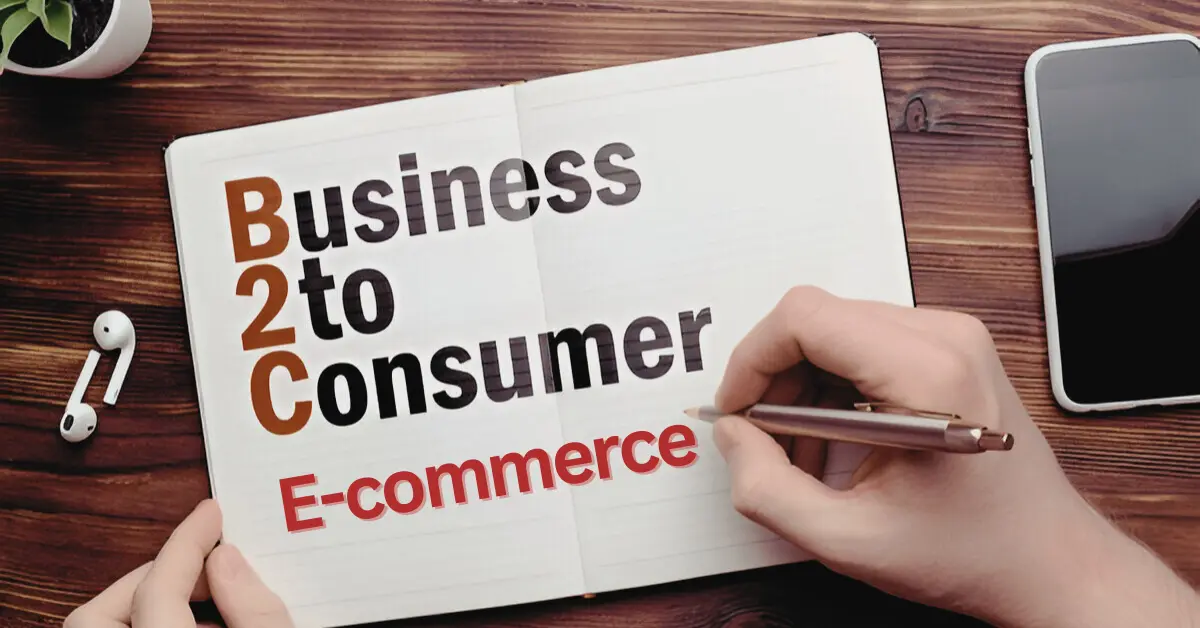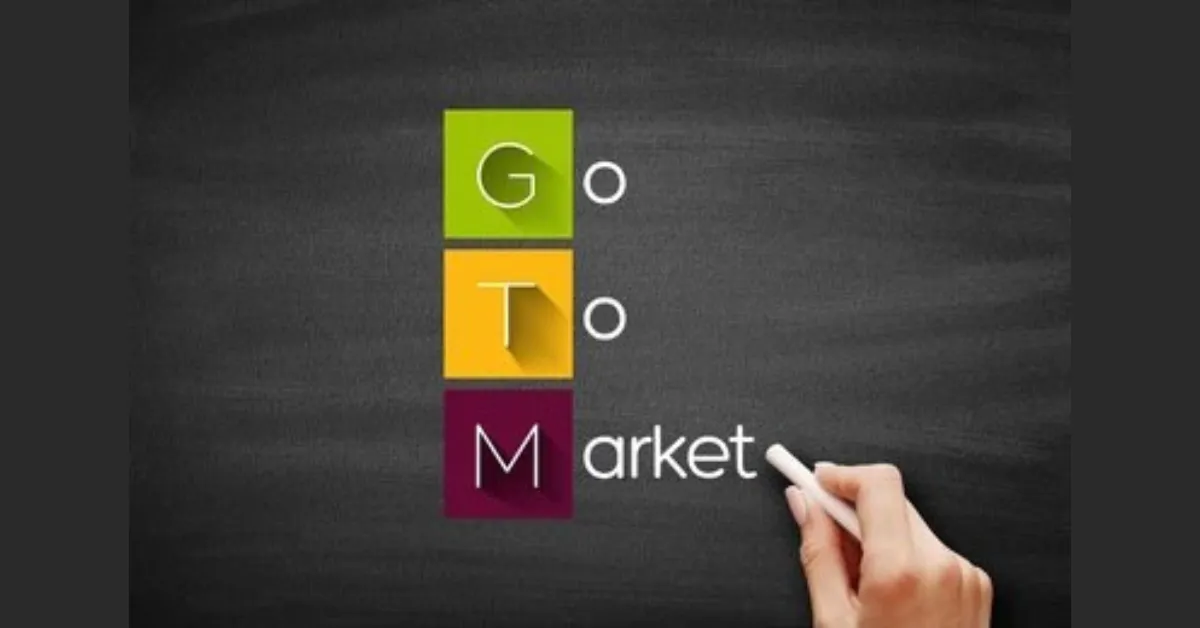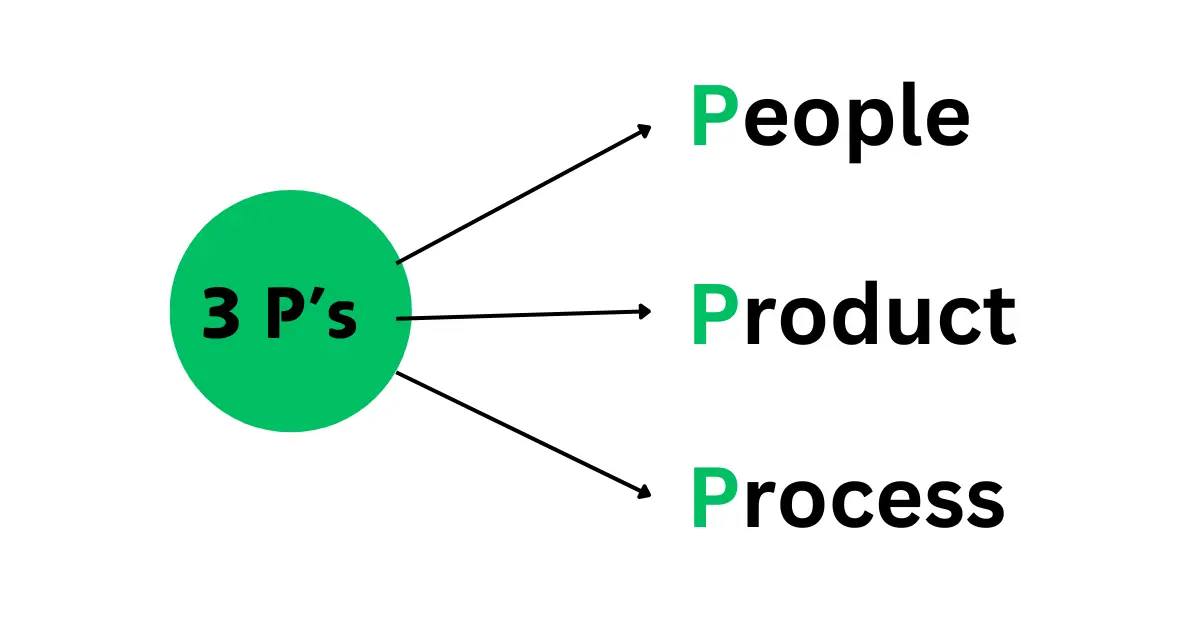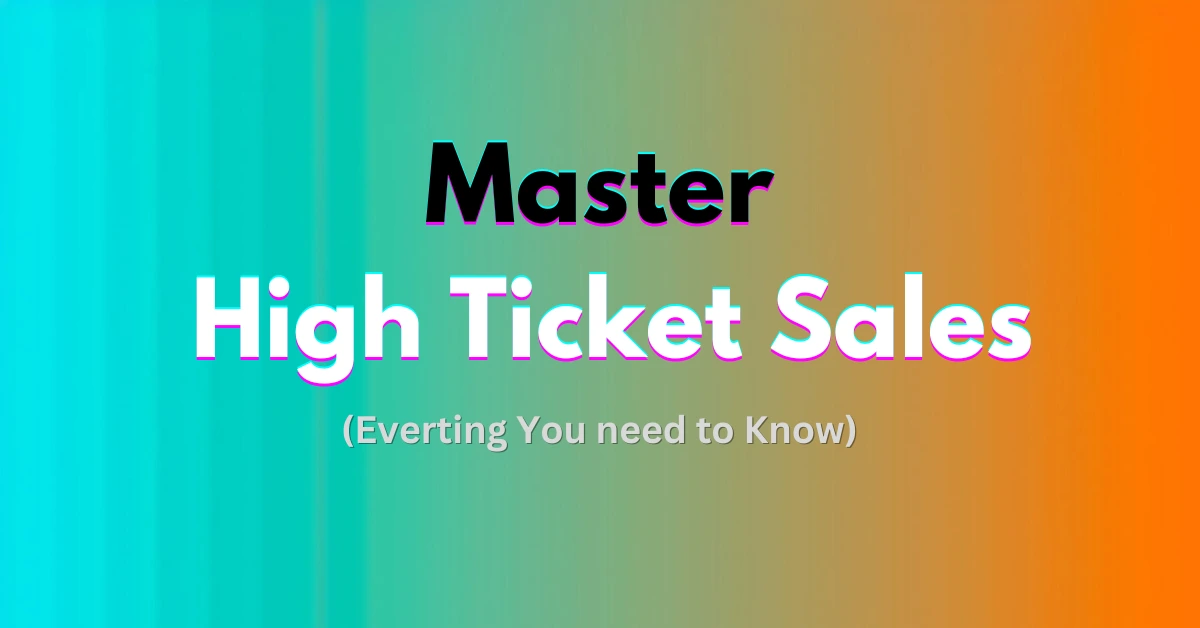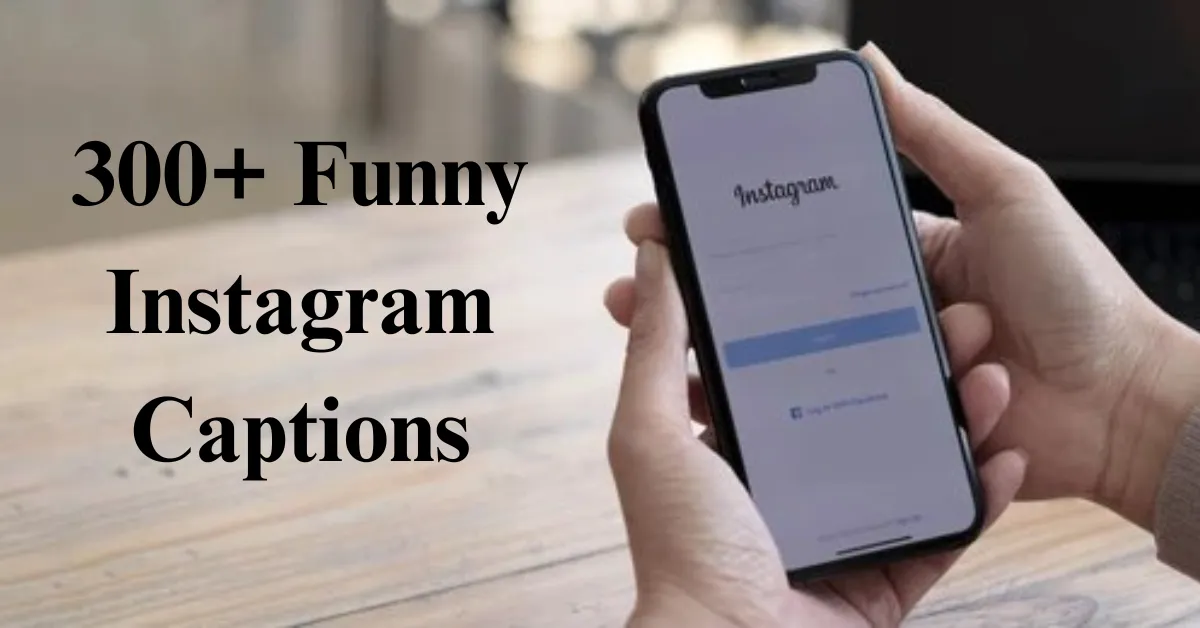300+ Hook Ideas to Kickstart Your Writing, Speeches, and Presentations
In the world of writing, whether it’s an essay, a speech, or a social media post, the first few words matter immensely. These words must engage your reader or audience right away, and this is where the hook comes in. A hook is a powerful opening sentence or paragraph designed to grab the attention of your audience. It sets the stage for your content and makes people want to keep reading, listening, or watching.
In this article, we’ll dive into 300+ hook ideas that you can use for essays, presentations, social media, and more. Whether you’re writing a college essay, a personal statement, or preparing for a presentation, we’ll provide you with creative hooks that will leave a lasting impression.
The importance of a good hook cannot be overstated. A well-crafted hook can make your audience eager to engage with the rest of your content. But what exactly is a hook, and why is it so important?
What is a Hook and Why is it Important?
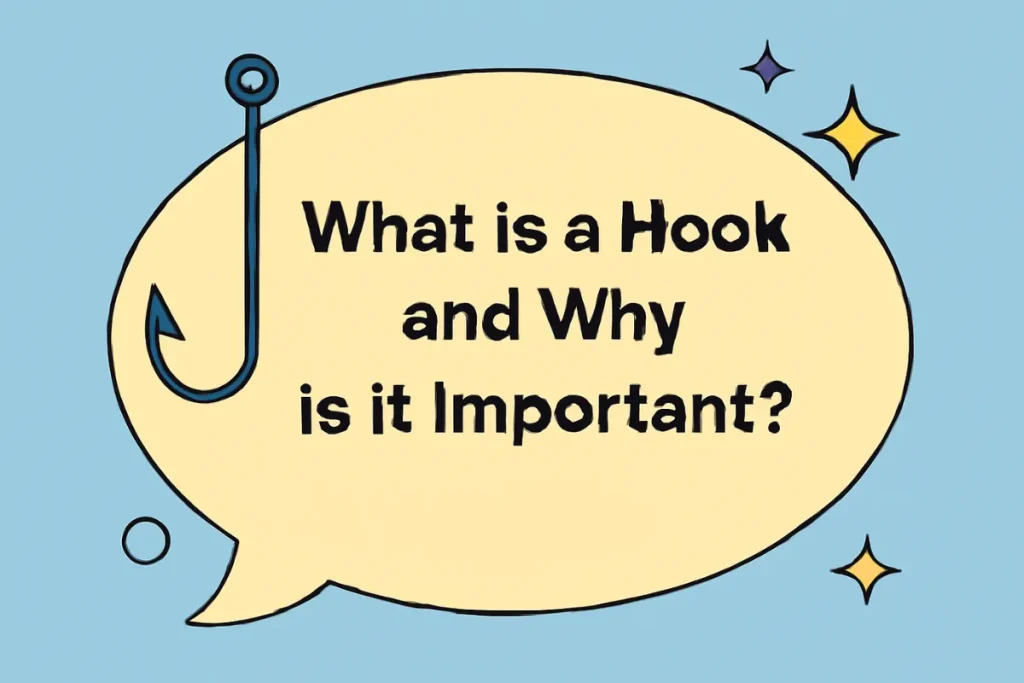
A hook is the opening line of any written piece or presentation. It’s designed to captivate the reader’s attention and draw them in immediately. Hooks are vital because they provide the first impression of your work.
Just as you wouldn’t walk into a room and start talking without greeting someone, you shouldn’t start an essay, speech, or any form of writing without a strong opening.
Here are a few reasons why hooks are important:
- Capturing Attention: The hook is your first chance to captivate your audience. If it’s weak or uninteresting, readers or listeners may lose interest before they even get to the body of your content.
- Setting the Tone: A well-chosen hook sets the tone for the rest of the writing. It can give the audience an idea of what to expect, whether the piece will be serious, humorous, informative, or persuasive.
- Creating Curiosity: Good hooks create curiosity, leaving the audience wondering what’s coming next. This intrigue pushes them to continue reading or listening to learn more.
- Establishing Relevance: A good hook can immediately show your audience why your content matters to them. It grabs their attention by addressing something they care about.
Creating a great hook is similar to writing funny Instagram captions—both require a sense of timing, creativity, and an understanding of what will capture attention and spark interest.
Different Types of Hooks for Essays and Presentations
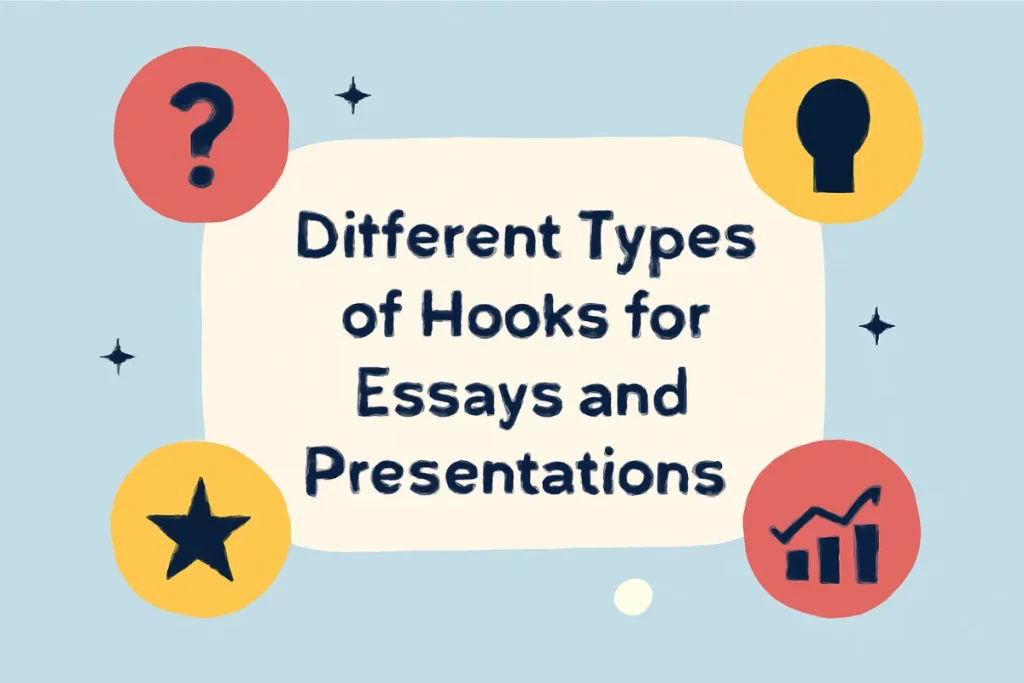
A hook can be many things: a question, a statistic, a personal anecdote, a quote, or even a statement that piques curiosity. Below are 100+ hook ideas categorized into different types, so you can choose the best one based on the purpose and tone of your writing or presentation.
Question-Based Hooks
Starting with a thought-provoking question is a great way to engage your audience right away. This type of hook encourages the reader to think and invites them to explore the rest of the content. Here are some ideas:
- What would you do if you were told you only had one day left to live?
- Have you ever wondered how artificial intelligence is shaping our future?
- Can we really change the world with just a single decision?
- What’s the most important thing you’ve learned from failure?
- What if everything you thought you knew about success was wrong?
- Is it possible for a person to be truly selfless?
- Have you ever felt like an outsider?
- What makes a person truly happy?
- How would your life change if you started taking risks?
- Is technology helping or harming our relationships?
- What if the key to success lies in our ability to fail?
- How far are we willing to go to protect the planet?
- What’s the most important lesson you’ve learned about love?
- Can we trust our instincts in every decision we make?
- What makes a person extraordinary?
- What role does creativity play in your daily life?
- Can money buy happiness?
- What’s the one thing that all successful people have in common?
- What if we could solve the world’s problems with just one idea?
- How can we find balance in a world that constantly demands more?
Just like a dent in your headphones can disrupt your listening experience, a poorly crafted hook can disrupt the flow of your writing or presentation. Starting with a strong hook is key to ensuring everything follows smoothly.
Statistical Hooks
Using statistics can be an effective way to grab attention, especially in research-heavy essays or academic writing. Numbers give weight to your argument and make the information seem more credible.
- Did you know that over 60% of people experience some form of anxiety each year?
- Studies show that 40% of food produced in the world is wasted annually.
- The average person spends 6 hours a day on their phone, more than on any other activity.
- According to research, 70% of people feel unhappy with their work-life balance.
- Over 3 billion people worldwide use social media daily.
- Studies show that 80% of people make decisions based on emotions, not logic.
- In the next decade, it’s estimated that 40% of jobs will be automated.
- 80% of the world’s wealth is controlled by just 1% of the population.
- In the past 20 years, global temperatures have increased at an unprecedented rate.
- Research suggests that nearly 50% of marriages end in divorce.
- According to studies, people who read for 30 minutes a day live longer lives.
- Almost 90% of the world’s data was created in the last two years.
- A report from the UN states that the world’s population will reach 9.7 billion by 2050.
- More than 1 in 4 people will be affected by mental health disorders at some point in their lives.
- Over 40% of internet traffic comes from bots, not human users.
Just as DDR6 promises faster and more efficient memory, a powerful hook ensures that your essay starts on the right note, providing a quick and compelling connection with your audience.
Anecdotal Hooks
Starting with a personal story or anecdote can make your writing more relatable and help create an emotional connection with the audience. These hooks work well in narrative essays, personal statements, and reflective writing.
- I still remember the first time I faced failure and how it completely changed my perspective.
- When I moved to a new city, I had no idea how much it would shape who I am today.
- It was a rainy evening when I realized that everything I thought I knew about happiness was wrong.
- As a child, I thought success meant money. But as I grew older, I realized it’s about relationships and experiences.
- I’ll never forget the first time I traveled alone—it was the most liberating experience of my life.
- During my first year of college, I learned that failure is not the opposite of success, but part of it.
- One summer, I spent months working on a project that seemed impossible, but the reward was worth the effort.
- When I first encountered a major setback in my life, I thought it was the end, but it turned out to be just the beginning.
- I’ll never forget the moment I realized that everything I had worked for wasn’t bringing me happiness.
- When I started my first job, I had no idea how much I would learn about myself and the world.
- One evening, while sitting in a café, I overheard a conversation that changed my entire outlook on life.
- As a teenager, I believed that success came with money, but now I know it’s about fulfillment.
- The first time I faced a big challenge, I thought it was the end, but it turned out to be the beginning of something amazing.
- A small act of kindness changed my entire perspective on life.
- I once met someone who completely changed the way I view success and happiness.
In channel marketing, reaching your target audience through the right channels is key. Similarly, understanding the best hook for your audience ensures that your message reaches them effectively.
Quote Hooks
Using a famous quote or a relevant quote can add depth to your writing and provide a strong foundation for your argument.
- “The only way to do great work is to love what you do.” – Steve Jobs
- “Injustice anywhere is a threat to justice everywhere.” – Martin Luther King Jr.
- “The greatest wealth is to live content with little.” – Plato
- “Success is not final, failure is not fatal: It is the courage to continue that count.” – Winston Churchill
- “What we think, we become.” – Buddha
- “The future belongs to those who believe in the beauty of their dreams.” – Eleanor Roosevelt.
- “Life is what happens when you’re busy making other plans.” – John Lennon
- “Do what you can, with what you have, where you are.” – Theodore Roosevelt
- “It is never too late to be what you might have been.” – George Eliot
- “You miss 100% of the shots you don’t take.” – Wayne Gretzky
- “Success is not the key to happiness. Happiness is the key to success.” – Albert Schweitzer
- “Live as if you were to die tomorrow. Learn as if you were to live forever.” – Mahatma Gandhi
- “A person who never made a mistake never tried anything new.” – Albert Einstein
- “The best way to predict the future is to create it.” – Peter Drucker
- “Don’t count the days, make the days count.” – Muhammad Ali
In the same way that 4K screen resolution enhances the clarity and detail of a presentation, a well-crafted hook sharpens the focus of your speech, drawing the audience’s attention from the very first moment.
Metaphor and Simile Hooks
Metaphors and similes help create vivid imagery and are effective in making your introduction stand out. They work well in essays where you want to paint a picture or convey a deeper meaning.
- Life is like a roller coaster, full of ups and downs.
- The truth was like a fragile glass, shattered by a single lie.
- Her smile was as bright as the sun, warming everyone around her.
- The city was a jungle, full of noise, confusion, and chaos.
- The idea was a seed planted in my mind, slowly growing into something bigger.
- Time flies like an arrow, but memories linger like shadows.
- His words were like a hammer, breaking through my doubts.
- The world is a stage, and we are all actors playing our parts.
- Her mind was a maze, with thoughts twisting and turning at every corner.
- The task ahead seemed like an insurmountable mountain, but I was determined to climb it.
In high-ticket sales, the first impression is everything. Similarly, the effectiveness of your hook can make or break the engagement with your audience, so make sure it grabs attention right away.
Shocking Statement Hooks
A bold or shocking statement can immediately grab attention and make the reader think critically about the topic. This type of hook is great for persuasive and argumentative essays.
- Over 80% of all internet traffic is generated by bots.
- The Earth is losing 27 football fields of forests every minute.
- In the next 20 years, half of the current jobs will be automated.
- Climate change could displace over 200 million people by 2050.
- The world’s wealthiest 1% now own more than half of the global wealth.
- Every 60 seconds, we create more data than all of humanity did in the entire 20th century.
- By 2040, 90% of the population will live in cities.
- The average person is exposed to over 5,000 ads every day.
- Human beings are the only species that actively destroy their habitat.
- In just one year, the oceans could have more plastic than fish.
Just like in B2C commerce, understanding your audience’s preferences is essential for crafting hooks that resonate. Whether you’re selling a product or an idea, tailoring your message ensures maximum engagement.
Story-Based Hooks
Opening with a brief story or narrative can immediately engage readers, making them feel like part of the experience.
- It was a rainy afternoon when I first realized the true meaning of friendship.
- I’ll never forget the first time I stood up for myself—it was a moment of transformation.
- The letter arrived unexpectedly, and in it, I found the key to unlocking my future.
- On my first day at the new school, I felt like an outsider—but that was just the beginning.
- As the sun set over the mountains, I realized that life had more to offer than I had ever imagined.
- It was an ordinary Tuesday when I met someone who would change my life forever.
- In the midst of chaos, I found peace in the most unexpected place.
- A mistake I made years ago taught me a lesson I’ll never forget.
- On a cold winter night, I stumbled upon an old book that forever changed my perspective on life.
- I remember the first time I failed, but little did I know that it would be my greatest lesson.
Crafting Effective Hooks for Specific Types of Writing

While the core purpose of a hook is to grab the reader’s attention, the type of writing you’re doing will influence how you craft your hook. Below are 100+ hook ideas tailored for specific types of writing, ensuring you can select the perfect one to match the tone and objective of your piece.
Argumentative Essays
Argumentative essays aim to convince the reader of a particular stance. Here are some hooks designed to spark interest in persuasive writing:
- Should we prioritize personal freedom over national security?
- If you think climate change is a hoax, you need to hear these facts.
- Is education the key to ending poverty, or is it just a way to escape it?
- What if the real cause of global poverty isn’t a lack of resources, but poor management?
- Why are we still debating gun control when the data is clear?
- Can we trust the media, or is it simply feeding us what we want to hear?
- The fight against animal testing isn’t about emotions—it’s about science.
- What happens when economic inequality becomes so widespread that it threatens society?
- The war on drugs has failed—here’s why we need a new approach.
- Is it possible for technology to replace human interaction?
- Our education system isn’t broken—it’s built on outdated principles.
- The truth about artificial intelligence: Is it a threat or a tool for human progress?
- Why aren’t we investing in renewable energy? The answer is simpler than you think.
- Why should we care about mental health when there are other “more important” issues?
- Does the criminal justice system truly promote rehabilitation, or does it punish failure?
- Are we prepared for a world where automation takes over most jobs?
- The battle for women’s rights isn’t over—it’s just begun.
- Why isn’t climate change considered the biggest threat to our survival?
- What if the real secret to happiness isn’t wealth, but meaningful work?
- Can we balance technological advancement with the preservation of our humanity?
Personal Statements
Personal statements require hooks that highlight your unique qualities, experiences, and aspirations. Here are hooks that can create a compelling start for your statement:
- I never imagined that one conversation could change the direction of my life.
- The moment I realized I had to follow my passion came on a cold winter day.
- When I failed my first test, I thought my dreams were over, but that failure taught me more than success ever could.
- I’ve always been fascinated by how things work, and my curiosity has driven me to pursue a career in engineering.
- Growing up in a small town, I learned the value of hard work and determination from my parents.
- When I first stepped into the classroom as a teacher, I was nervous, but I quickly realized it was where I was meant to be.
- I never planned on becoming a doctor, but a personal experience showed me that this was my calling.
- The summer I spent volunteering abroad was the turning point that solidified my desire to make a difference in the world.
- I used to think success was all about grades, but now I know it’s about learning from every experience.
- In high school, I was always the shy one, but that all changed when I took on a leadership role in a school project.
- What started as a simple hobby became the foundation of my future career.
- After my internship, I knew that I had found my true passion in marketing and advertising.
- When I was younger, I thought success was all about popularity—but now I see it’s about authenticity and resilience.
- My journey to where I am today has been filled with obstacles, but each challenge has made me stronger and more determined.
- I once believed that failures defined me, but now, I see them as stepping stones to success.
- The first time I stood up for myself was the first step toward embracing my true potential.
- My love for literature has been a lifelong journey, and it’s what led me to pursue a degree in English.
- The day I decided to take a leap of faith and move to a new country changed my life forever.
- I didn’t just want to be a scientist—I wanted to make discoveries that could change the world.
- What began as a desire to help others turned into a passion for public health and policy.
Narrative Essays
Narrative essays are about telling a story. These hooks will draw readers into the narrative, whether it’s a personal journey or a fictional tale:
- The moment I stepped into the dark forest, I had no idea what awaited me.
- I thought my life was ordinary until the day I discovered the unexpected truth.
- The first time I saw the ocean, I was struck by its vastness and beauty, forever changing how I saw the world.
- It was a hot summer day when everything I thought I knew about life was turned upside down.
- I’ll never forget the first time I met her—it was as if time had stopped.
- The decision I made on that rainy afternoon set me on a path I never imagined.
- When I was 15, I made a promise to myself that I would never give up on my dreams.
- The first day I moved to the city, I felt both excited and terrified at the same time.
- I thought I knew what love was, but I didn’t truly understand until that summer.
- I had always been afraid of failure, but one experience taught me that it was part of the journey.
- It was during a long drive across the country that I learned the true meaning of freedom.
- I’ll never forget the moment I realized that life wasn’t about what you achieve, but how you grow along the way.
- During a storm, I found clarity in a place I least expected.
- When I first moved to a new country, everything seemed unfamiliar, but over time, it became home.
- I was standing at the crossroads of my life when I had to choose between following my passion and playing it safe.
- There’s a moment in every person’s life when they realize they’ve been living someone else’s dream—and I had mine.
- On the day I almost lost everything, I realized what truly mattered.
- I was a child when I learned the value of kindness, but it wasn’t until years later that I fully understood its power.
- It was during my travels that I learned the true meaning of patience and resilience.
- I’ll never forget the moment I decided to leave my comfort zone—and it changed everything.
Expository Essays
Expository essays require clear, factual, and informative hooks. These hooks will set the stage for a discussion or exploration of a topic.
- Did you know that 70% of the Earth’s surface is covered in water, yet most of it is still unexplored?
- Every year, millions of people suffer from preventable diseases, yet there are simple ways we can reduce this number.
- Water conservation has become more crucial than ever, as we face unprecedented challenges in managing our planet’s resources.
- The rise of renewable energy sources is revolutionizing the way we think about sustainability.
- According to studies, more than 60% of the world’s population now lives in urban areas, a number that continues to rise.
- The impact of social media on society is undeniable, and its influence continues to grow exponentially.
- Over 40% of global food production is wasted each year, even as millions of people go hungry.
- By 2025, it’s predicted that there will be more than 75 billion connected devices worldwide.
- The human brain processes information at an astonishing speed—around 70,000 thoughts per day.
- Renewable energy isn’t just a trend—it’s the future of our planet’s survival.
Persuasive Essays
Persuasive essays require hooks that inspire action or convince readers to adopt a specific point of view. These hooks will help you craft compelling arguments:
- Every day we wait to take action on climate change, we risk losing our planet’s future.
- The evidence is clear: universal healthcare is a moral and economic necessity.
- If we don’t start taking mental health seriously, the consequences could be devastating.
- Why should we continue to support outdated education systems when we could invest in innovative solutions?
- It’s time we stop ignoring the importance of renewable energy and start prioritizing it in every aspect of society.
- Our criminal justice system is broken, and it’s time for us to demand meaningful reform.
- How many more lives need to be lost before we finally pass comprehensive gun control laws?
- Education is not just a right—it’s a gateway to a better future for all.
- It’s time we acknowledge that our world is changing, and we must adapt or face the consequences.
- We can no longer afford to ignore the scientific consensus on climate change—it’s time for action.
Literary Analysis Essays
Literary analysis essays require hooks that engage readers with the text while setting the stage for the analysis. Here are some hook ideas tailored for literary analysis:
- In every piece of literature, there’s always a deeper meaning waiting to be uncovered.
- What drives a character to their breaking point? The answer lies within the very words of the author.
- The true power of literature lies in its ability to reveal the complexities of human nature.
- The themes explored in this novel challenge conventional ideas about morality and power.
- By examining the choices of characters, we can learn more about ourselves than we realize.
Informative Essays
Informative essays aim to educate and explain a topic to the reader. Here are hooks that engagingly introduce informative writing:
- What if you could improve your life simply by learning one new skill?
- We live in a world where data is constantly changing—let’s break down the latest trends.
- Understanding the basics of nutrition could be the key to a healthier lifestyle.
- In today’s digital world, information is everywhere, but how do we sift through it to find what matters?
- The world of artificial intelligence is evolving rapidly, and it’s changing the way we live.
Descriptive Essays
Descriptive essays focus on painting vivid pictures with words. Here are hooks that will immediately transport your reader into the world you’re describing:
- The moment I stepped into the forest, the smell of pine filled the air, and I knew I was somewhere magical.
- A soft breeze brushed across my face as I gazed at the vast ocean, its waves crashing against the shore.
- The morning mist hovered over the valley, casting an ethereal glow on everything it touched.
- The sound of raindrops tapping against the window was the only noise in the otherwise still room.
- The city skyline at night was like a sea of lights, each one telling its own silent story.
Compare and Contrast Essays
Compare and contrast essays highlight the similarities and differences between two subjects. Here are hooks that set up such essays effectively:
- What happens when two seemingly opposite ideas collide—can they work together, or are they doomed to conflict?
- The debate between nature and nurture has raged for centuries, but can we ever truly decide which is more important?
- When comparing the philosophies of two iconic figures, one wonders: who had the greater impact on history?
- In a world filled with endless options, choosing between simplicity and complexity is no easy task.
- When we look at two different forms of government, we see not just policy differences, but in values and principles.
Explanatory/How-To Essays
Explanatory essays guide readers through processes or provide instructions. Here are some hook ideas to introduce these types of essays:
- Want to save time and improve your productivity? Here’s how to create a daily routine that works.
- Everyone struggles with organizing their thoughts at some point—here’s a simple method to stay on track.
- If you’ve ever wondered how to create a website, this step-by-step guide will show you exactly how to do it.
- Looking to improve your writing? Mastering the art of outlining can make all the difference.
- Writing a successful research paper can seem daunting, but with the right approach, it’s easier than you think.
Unconventional and Thought-Provoking Hook Ideas

Philosophical and Thought-Provoking Hooks
- If you could pause time, what would you change in the moment you have now?
- Is it possible to truly know yourself without first understanding everyone else?
- How would the world change if every decision you made was based on empathy, not logic?
- What if your next action is the one that defines your legacy forever?
- What would life look like if everyone stopped pretending to be perfect?
- What is the true cost of comfort—are we sacrificing progress for peace?
- Could our collective thoughts be shaping the world we live in?
- If the purpose of life is to learn, then how do we truly measure our growth?
- How different would our reality be if we stopped chasing success and started chasing fulfillment?
- Is it possible that the greatest discoveries are those that challenge our most fundamental beliefs?
Unexpected Hook Ideas
- At this moment, somewhere in the world, someone is experiencing a life-changing moment.
- Not everyone is born with the same opportunities—yet some turn them into empires.
- What if I told you that your next mistake could lead you to the greatest achievement of your life?
- It’s easy to believe that life’s obstacles are out to get you, but what if they’re pushing you forward?
- How much of your life is shaped by choice, and how much by fate?
- You’ve heard this advice countless times, but it might be the worst advice ever given.
- The most profound lessons often come from the most unexpected places.
- It’s funny how the most difficult paths often lead to the most rewarding destinations.
- Have you ever wondered how much control you have over the world around you?
- The truth is, we spend more time avoiding failure than embracing the lessons it brings.
“What If” Scenarios
- What if the way we’ve been taught to view success is all wrong?
- What if you could meet the version of yourself you could have been in a parallel universe?
- What if the biggest obstacle standing between you and your dreams is not external, but internal?
- What if you could relive your most significant decision—would you choose the same path?
- What if every setback you face is not a failure but a hidden opportunity?
- What if everything we think we know about happiness is a misconception?
- What if you could change one thing about the past—how would that affect your present?
- What if there’s no such thing as a ‘right time’—only the moment you decide to act?
- What if success isn’t about getting everything you want, but knowing what to let go of?
- What if your most uncomfortable experience is the key to your growth?
Dramatic and Suspenseful Hooks
- In the stillness of the night, I knew that the choices I made today would change everything.
- Just before the storm hit, I received a message that would alter my course forever.
- With every step I took, I felt the weight of something unimaginable pressing on me.
- The phone rang, and in that instant, everything I knew was about to unravel.
- She looked me in the eye, and for a moment, I thought I saw the future.
- The last thing I heard before the lights went out was a voice saying, ‘You’re not ready.’
- As I reached the top of the mountain, I realized I had been climbing the wrong peak.
- It wasn’t until the door slammed shut behind me that I realized I’d made a huge mistake.
- In the dead of night, with no way to turn back, I realized the gravity of what I had done.
- The letter arrived with no return address, but the message inside was a game-changer.
Intriguing Hooks for Creative Projects
- What if you could create an entirely new world with just your imagination—how would it look?
- Every story begins with a question: What if your question changes everything?
- They say every character has a secret—what if you’re the only one who knows theirs?
- In a world full of untold stories, this one might be the most unbelievable.
- What if your next great idea is hiding in a memory you thought you’d forgotten?
- The best stories don’t just entertain—they challenge the way we see the world.
- You think you know what’s coming, but I promise, you don’t.
- What if your greatest work of art is waiting for you to notice it in the simplest of places?
- The most captivating stories often start with an unexpected twist.
- Imagine a place where the rules of reality are bent, and the only limit is your imagination.
Relatable Hooks for Essays
- How many times have you felt that what you were doing wasn’t enough?
- We’ve all been there—stuck in a place we don’t want to be, yet unsure how to move forward.
- What happens when you feel like you’re not living up to your potential?
- There’s a moment in everyone’s life when they realize they need to make a change—have you reached that point?
- How many of us are living on autopilot, not even realizing we’re missing the point of it all?
- We often focus so much on the destination that we forget the journey itself is what shapes us.
- If there was one thing you could change about your life, what would it be?
- How often do we look at our current situation and wonder if this is really where we’re supposed to be?
- We all have moments when we question whether we’re on the right path—today, let’s explore that.
- How many of us feel the weight of expectations and wonder if we’re living the life we truly want?
Engaging and Thoughtful Hooks for Discussion
- Is it possible that what we see as weaknesses are our greatest strengths?
- What if the secret to happiness is not in doing what we love, but in learning to love what we do?
- Why do we still think success equals happiness when so many of the wealthiest people remain unfulfilled?
- If we could go back in time, what’s the one piece of advice we would give our younger selves?
- What if the most important life lesson isn’t how to achieve greatness, but how to cope with failure?
- If we could change one law, rule, or norm in society, what would it be—and why?
- How much of our success is truly ours, and how much is shaped by the world around us?
- Is it better to live a life full of comfort or one full of challenges and growth?
- Can we truly trust the systems we have in place to protect us, or are they designed to limit us?
- If you could change the world in one day, what would your first action be?
For an Unconventional Approach
- If you could rewrite the rules, what would you do differently?
- How do we know if we’re living the life we want or just the life we’ve been told to live?
- What if all the things we fear are just signs that we’re moving in the right direction?
- Is it possible that the things we avoid the most are the things we need most?
- How can we embrace change when the world is constantly changing around us?
- What happens when you realize you’re not just a participant in the world, but a creator of it?
- What if everything you’ve been taught to avoid is the exact thing you need to grow?
- Could it be that the most transformative changes happen when we stop trying to control everything?
- What if failure isn’t something to fear, but something to embrace as a necessary step toward success?
- What if everything you need to succeed is already inside of you, just waiting to be discovered?
Fun and Playful Hooks
- What’s the one thing you’d do if you had no fear of failure?
- Would you rather win the lottery tomorrow or change the world today?
- How would your life be different if you could eat cake for every meal?
- If money were no object, what would you do with your time?
- What if the secret to happiness was found in a cup of coffee?
- Could a bad hair day be a sign of good things to come?
- How often do we miss out on great moments because we’re too busy looking for them?
- What’s the best way to start your day—coffee, music, or a great book?
- If you could teleport to anywhere in the world right now, where would you go first?
- What would happen if you let go of all your worries for just one day?
Additional Unique Hook Ideas
- What if we told you the future is already here—and it’s not what you expected?
- Have you ever wondered how much of our daily routine is truly ours, and how much is controlled by habits?
- What if the biggest challenge we face isn’t the problem itself, but how we choose to approach it?
- Imagine living in a world where there are no limits—what would you create with that freedom?
- What would happen if we all stopped waiting for the right moment and created one ourselves?
- They say the best things in life are free—what if that’s because the things we truly need don’t have a price tag?
- Is it possible that the greatest adventure you’ll ever have is simply living without fear?
- What if the reason we’ve been stuck in the same place for so long is that we’ve been looking in the wrong direction?
- What if the secret to achieving your goals isn’t about working harder, but working smarter?
- What would life look like if we stopped trying to control every outcome and just let things unfold naturally?
Creating Hooks for Presentations and Speeches

How to Craft a Hook for Public Speaking
A strong hook for a presentation or speech is key to engaging your audience from the outset. Crafting a hook that resonates can determine how effectively you capture attention. Here are a few key strategies for starting your speech or presentation with impact:
- Ask a thought-provoking question: Start by asking a question that challenges the audience’s beliefs or encourages reflection.
Example: “What would you do if you knew that your next decision could change the course of history?” - Start with a surprising fact or statistic: An intriguing fact can immediately grab attention and set the tone for your presentation.
Example: “Did you know that 60% of businesses fail in the first 5 years?” - Tell a personal story or anecdote: Sharing a personal experience can establish an emotional connection with your audience, making your presentation more relatable.
Example: “When I first started in this field, I faced challenges that seemed insurmountable. But here’s what changed everything…” - State a bold or controversial statement: A bold statement that challenges conventional thinking will keep your audience hooked, and eager to hear your argument.
Example: “We are living in the last days of democracy as we know it.”
Presentation Hook Examples and Attention Grabbers for Speeches:
- A shocking statistic: “Every 60 seconds, 20,000 plastic bottles are discarded across the globe.”
- A rhetorical question: “Can you truly say you are prepared for the future of AI?”
- A relevant quote: “The only limit to our realization of tomorrow is our doubts of today.”
The Power of Visual and Verbal Hooks in Presentations
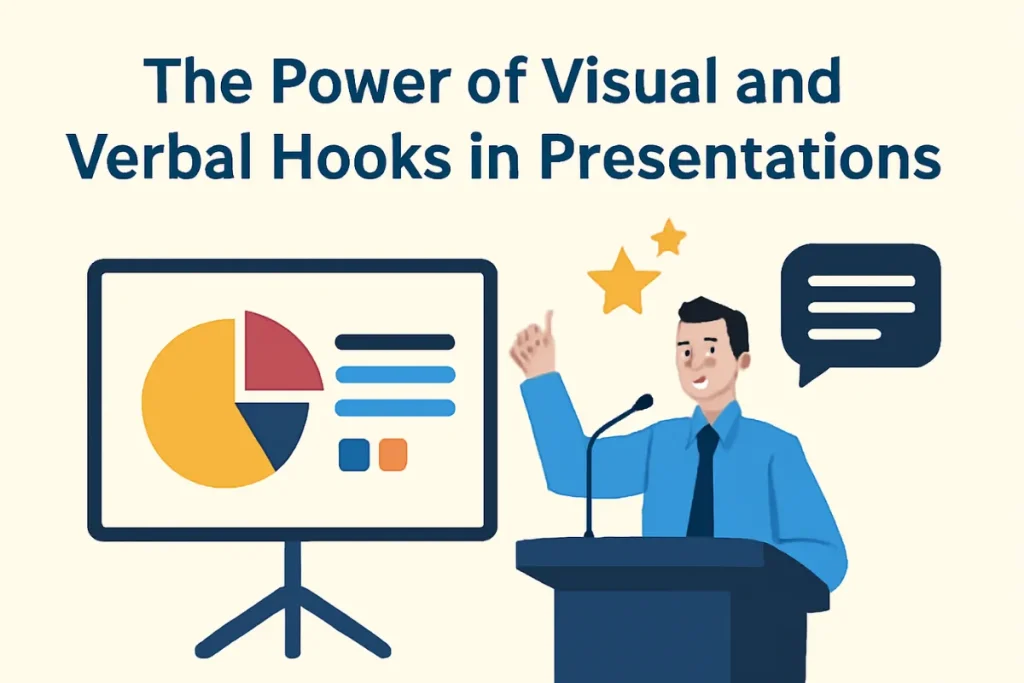
Integrating Visuals and Hooks to Enhance a Presentation
Using visuals and hooks together in a presentation can significantly boost audience engagement. Visuals, when combined with a compelling hook, can create a lasting impression. Here’s how you can integrate them effectively:
- Start with a striking image: A powerful image can set the stage for the topic you’re about to introduce, making your audience more receptive to your message. For example, a powerful image of climate change can work alongside a fact about the environment.
- Use infographics: Presenting key data visually can emphasize your point and grab attention.
- Engage with video: A short video clip can be used at the beginning to illustrate your point or tell a story, adding both a visual and emotional hook.
Good Hooks for Presentations and Presentation Opening Sentence Examples:
- “Imagine walking into a room where you’ve never been before, with no idea of what’s about to unfold. What would you do?”
- “Here’s a shocking visual that illustrates the global impact of poverty, a reality we can no longer ignore.”
- “Watch this short clip to see how one decision can impact a generation.”
Tips for Writing Hooks for Different Audiences

Adjusting Your Hook Based on Your Audience Type (Formal, Casual, Academic)
The audience you’re addressing will influence the type of hook you use. Here’s how to tailor your hook for different audiences:
- Formal audience (business, academic): Use a more serious tone, perhaps asking a question or presenting data that invites further analysis.
Example: “According to the World Economic Forum, 85% of jobs in the next decade have yet to be invented. Are we ready for this challenge?” - Casual audience (youth, general public): A lighter, more relatable approach works best. Use humor or simple storytelling to make an immediate connection.
Example: “How many of you have ever procrastinated on a major project? Let’s face it—we all have!” - Academics or professionals: Present a problem or challenge that is specific to the field, followed by a solution or exploration of that challenge.
Example: “Despite years of research, we are still struggling to solve the issue of climate change. Why?”
How to Adjust Hooks Based on Prompt and Hook for Presentation Examples:
- For students: “What if I told you that your next exam is going to be harder than you expect, and I can show you how to ace it?”
- For business professionals: “As we approach the next fiscal year, the question isn’t whether we’ll grow, but how fast we can scale.”
- For casual events: “Who here loves a good challenge? Well, let me challenge your perspective on social media usage…”
How to Write a Hook After Your Essay is Completed
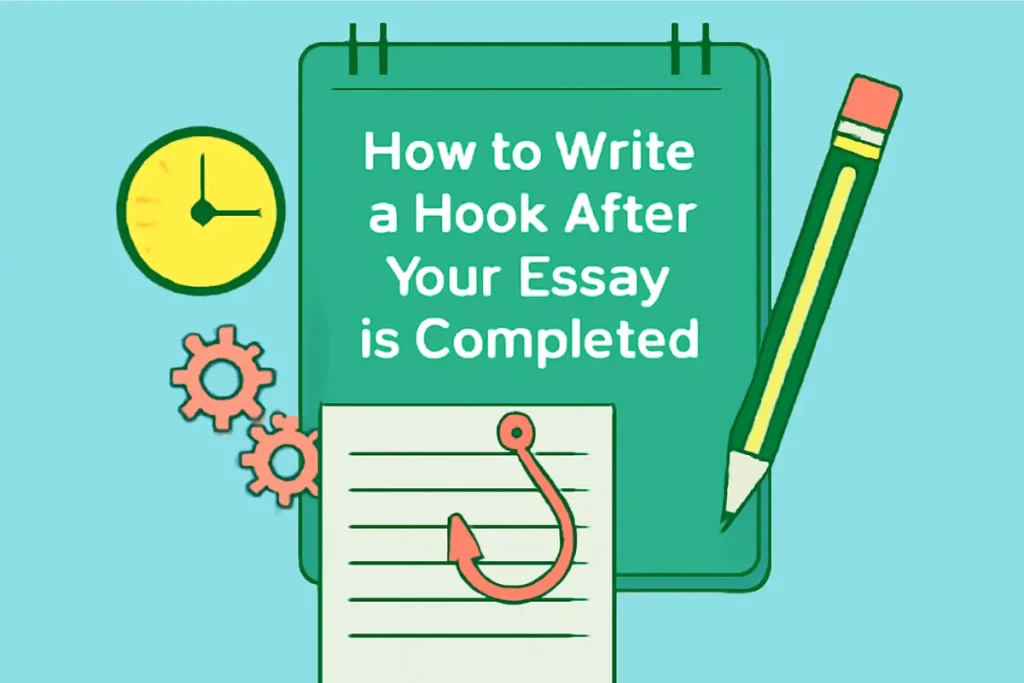
Why Writing the Hook Last Can Improve Its Effectiveness
Writing the hook last might seem counterintuitive, but it can enhance your writing. When you start with the body of your essay, you develop a better understanding of your core message and thesis. By the time you return to your hook, you can craft a more relevant, compelling introduction that aligns perfectly with your content.
- Understanding your thesis: After writing the essay, your thesis will be crystal clear, allowing you to write a hook that directly supports and leads to it.
- Refining your hook: By writing the hook last, you can avoid general, irrelevant hooks and instead create something that feels natural and connected to the rest of your essay.
Write Your Hook After You’ve Finished Your Essay:
- For argumentative essays, once you’ve developed your stance, your hook can directly address the core issue.
- For narrative essays, after understanding how the story unfolds, your hook can highlight the most intriguing moment that will capture the reader’s attention.
- For descriptive essays, A hook can focus on the most vivid or emotional part of the description, ensuring it captivates the reader immediately.
Conclusion
In conclusion, a well-crafted hook is essential to capturing your audience’s attention, whether it’s for an essay, speech, or story. With 300+ hook ideas at your disposal, you now have a range of tools to make your opening compelling and memorable.
From thought-provoking questions to dramatic statements, the right hook sets the tone and draws your audience in. By understanding your audience and experimenting with different styles, you can create powerful openings that keep them engaged throughout your work. So, use these ideas to create impactful hooks that will make your message stand out.
FAQs
What is a catchy hook?
A catchy hook is a hook that is easy to remember and stands out. It often uses creative language, humor, or an unexpected twist to immediately grab the audience’s attention. A catchy hook is designed to stick in the audience's mind and make them want to learn more.
What is a strong hook?
A strong hook has the power to immediately engage the audience’s curiosity or emotions. It often connects to the core theme of the content and sets the tone for the rest of the piece. Strong hooks make people feel compelled to continue, whether through emotional appeal, humor, or a surprising fact.
What’s a good hook to start with?
A good hook to start with could be a surprising fact, a compelling question, or a bold statement that challenges common perceptions. For example, starting with a question like, “What if everything you thought you knew about success was wrong?” can instantly provoke curiosity and make the audience eager to continue.
How can I keep my audience engaged throughout a presentation?
To keep your audience engaged throughout a presentation, use interactive elements like questions, humor, and personal anecdotes. Keep your slides visually interesting and avoid too much text. Use pauses effectively to allow key points to sink in, and make eye contact with your audience to build a connection. Engaging your audience’s emotions and offering them value will also keep them interested.
What is the importance of a presentation hook?
A presentation hook is important because it grabs the audience's attention right at the beginning, setting the tone for the rest of the presentation. A well-crafted hook encourages curiosity, engages emotions, and helps establish a connection with your audience, ensuring they stay focused on your message.
What is a good story hook example?
A good story hook example is: "She had always been told she wasn’t cut out for greatness—but that was before she discovered the hidden potential in her failures." This kind of hook draws the audience into a narrative, sparking curiosity and compelling them to learn more about the character and their journey.
